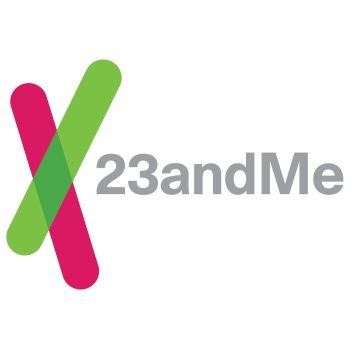
At 23andMe, our goal is to give people the best information possible about their personal genetic data. We believe that this goal is shared by all genetic testing providers.
You may be aware that different personal genetic testing companies, while providing completely accurate test results, may provide differing risk estimates for some diseases and conditions. While there are valid scientific reasons for such different estimates, they might nevertheless cause confusion for some consumers and physicians.
23andMe has sent a letter to Dr. Margaret Hamburg, Commissioner of the Food and Drug Administration, and Dr. Francis Collins, Director of the National Institutes of Health, asking for their respective agencies’ help in developing broadly applicable standards and guidelines to achieve consensus regarding how to provide information on genetic test results and risk estimates. The contents of this letter are reprinted below (links to the referenced article and blog post are provided here instead of attachments):
June 24, 2010
Dr. Margaret Hamburg
Commissioner of Food and Drugs
Food and Drug Administration
10903 New Hampshire Ave
Silver Spring, MD 20993-0002
Dr. Francis Collins
Director
National Institutes of Health
9000 Rockville Pike
Bethesda, Maryland 20892
Dear Drs. Hamburg and Collins,
We are writing to ask your assistance in resolving an issue of concern to 23andMe and, likely, all genetic testing companies, whether they report their results to physicians or to consumers. As you are aware, though results from 23andMe and other genetic testing companies are typically consistent, there have been reports of inconsistencies (Ng et al. 2009). We believe that it is important to emphasize that different genetic testing companies can report inconsistent results even when based on tests with proven analytical validity. The reasons for this may include: companies employ slightly different statistical models for making risk estimates; companies establish different criteria for the inclusion of associations in their reports; new associations are being discovered at a faster rate than companies’ development cycles; companies may test for an imperfectly overlapping set of genetic variants for reasons including the ability of different genotyping technologies to assay certain variants.
Although inconsistent results may have a scientifically valid basis, we recognize that they may be confusing to physicians and consumers. However, we, as an individual company, cannot address this issue alone. Therefore, we are writing to ask your two agencies to engage with us on this issue, to work towards solutions that can be broadly applied. We offer the following ideas as a starting point for discussion. An organization or group of organizations could develop:
- guidelines for acceptable analytical validity;
- standards for the positive and negative predictive value of all tests;
- “best practices” for companies, for instance necessitating transparency in reporting the positive and negative predictive values of their tests, so that results could be readily compared across companies.
We note that any framework developed for genetic testing companies must consider the multiple high throughput technologies on the horizon, including genome, exome and transcriptome sequencing. For this reason, the set of ideas we present above does not include having an organization define a specific set of markers as an acceptable genetic test.
The issue of inconsistent results was one of several discussed in an Opinion piece by Pauline C. Ng, Sarah S. Murray, Samuel Levy and J. Craig Venter that appeared in the October 8, 2009 issue of Nature. A joint response from 23andMe and Navigenics submitted to Nature but not published by Nature was posted on our web site on November 19, 2009. We have attached our open letter to Nature, and a response from one of the authors for your consideration.
Our goal is to provide the best possible information to consumers and health care practitioners. We would appreciate the opportunity to work with you towards this goal and, more broadly, to promote innovation in personalized medicine. We will follow up with a call to your offices.
Sincerely yours,
Ashley Gould
on behalf of Anne Wojcicki